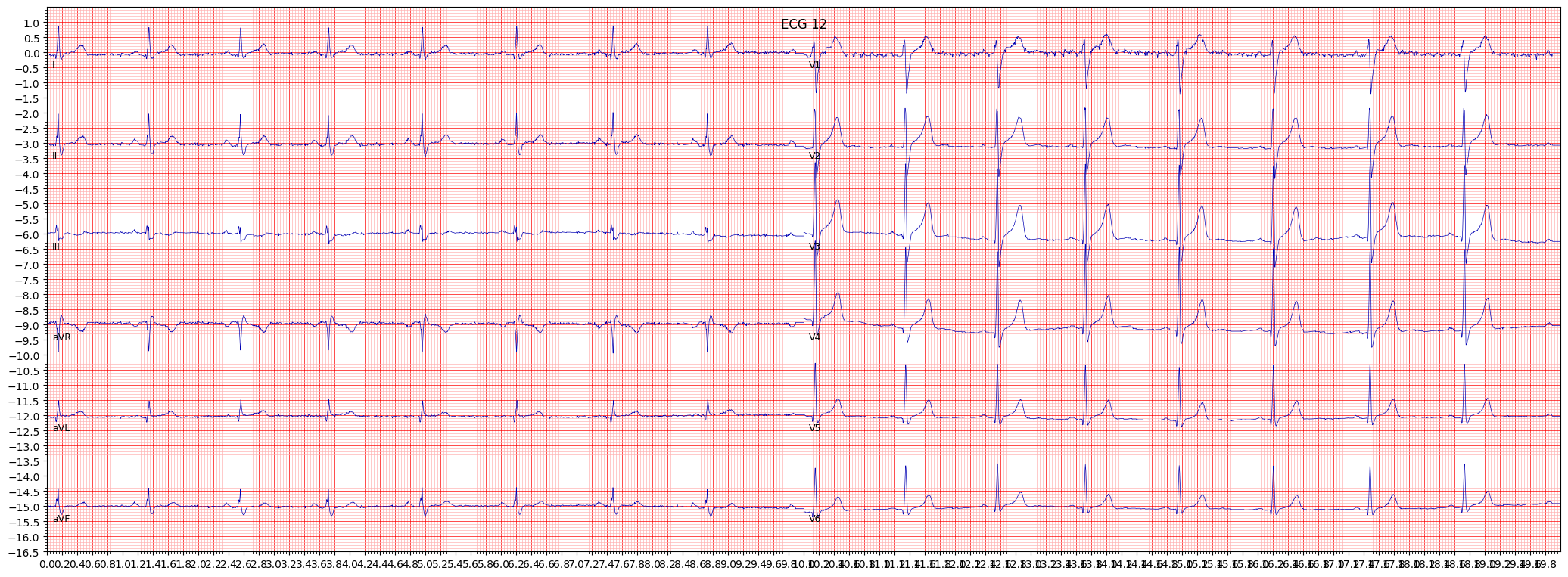non-specifc intraventricular conduction disturbance (block) (IVCD)
Non-specific intraventricular conduction disturbance (IVCD) is a type of electrocardiogram (ECG) finding that indicates an abnormality in the electrical conduction system of the heart within the ventricles. Specifically, IVCD occurs when there is a delay or blockage in the electrical impulses that travel through the ventricles.
IVCD can be asymptomatic, meaning that the individual may not experience any noticeable symptoms. However, some individuals may experience symptoms such as shortness of breath, chest pain, palpitations, and dizziness.
When reviewing an ECG for IVCD, it is important to pay attention to the presence of a widened QRS complex, which is greater than or equal to 100 ms in duration. Other things to pay attention to include the presence of an RSR' pattern in leads V1 and V2, the presence of a slurred S wave in leads I and V6, and the morphology of the T waves.
- Look for a widened QRS complex (≥ 100 ms)
- Check for the presence of an RSR' pattern in leads V1 and V2
- Observe the presence of a slurred S wave in leads I and V6
- Examine the morphology of the T waves
If IVCD is suspected, further testing such as echocardiography or cardiac catheterization may be recommended to determine if there is an underlying cardiovascular condition that requires treatment.
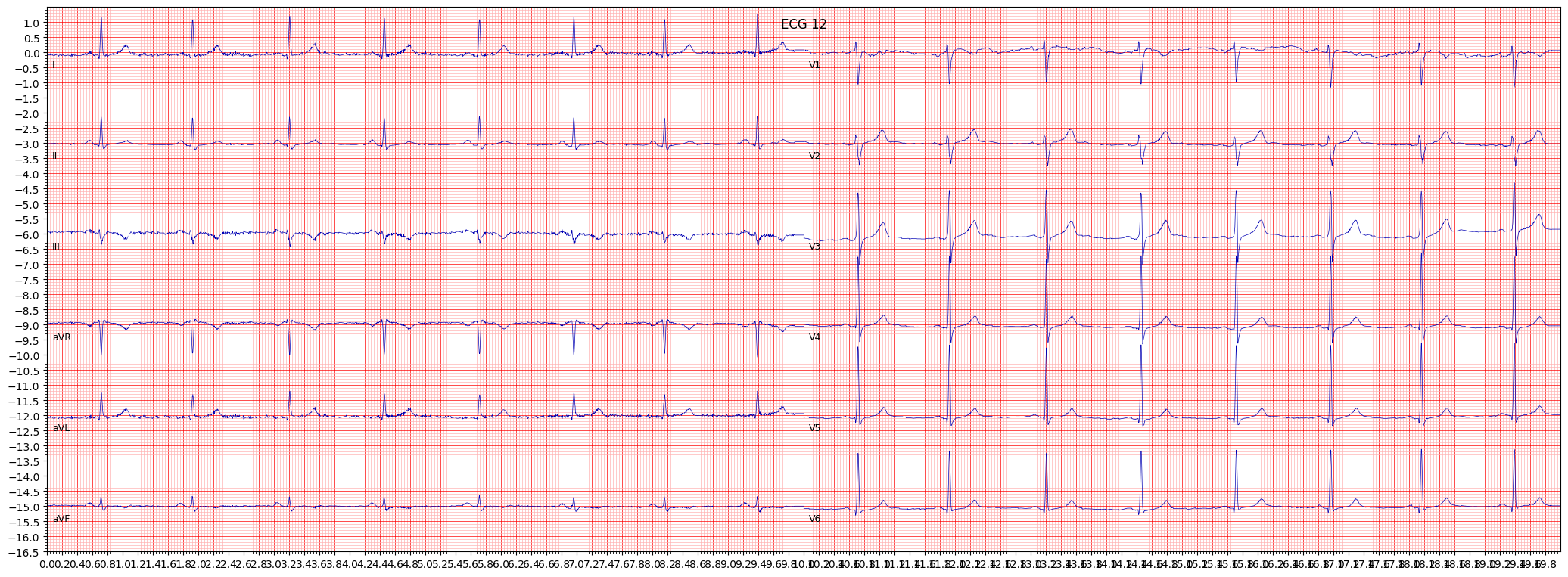 example 2:
example 2:
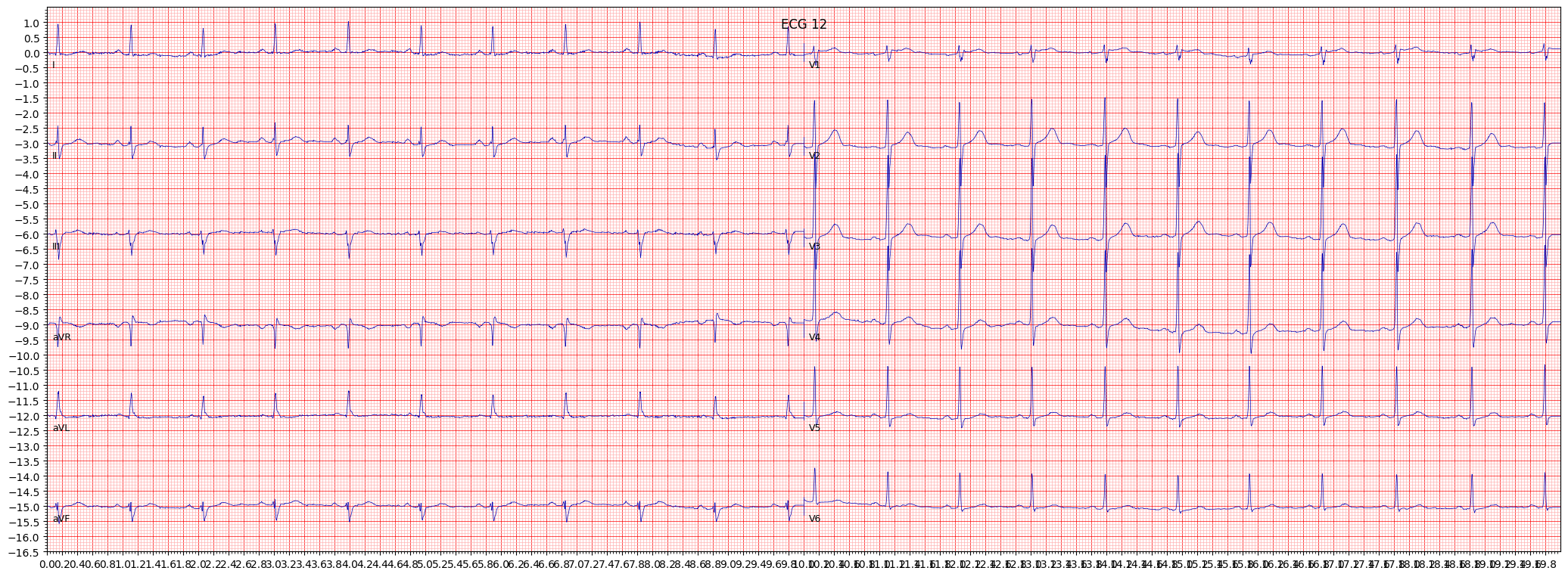 example 3:
example 3:
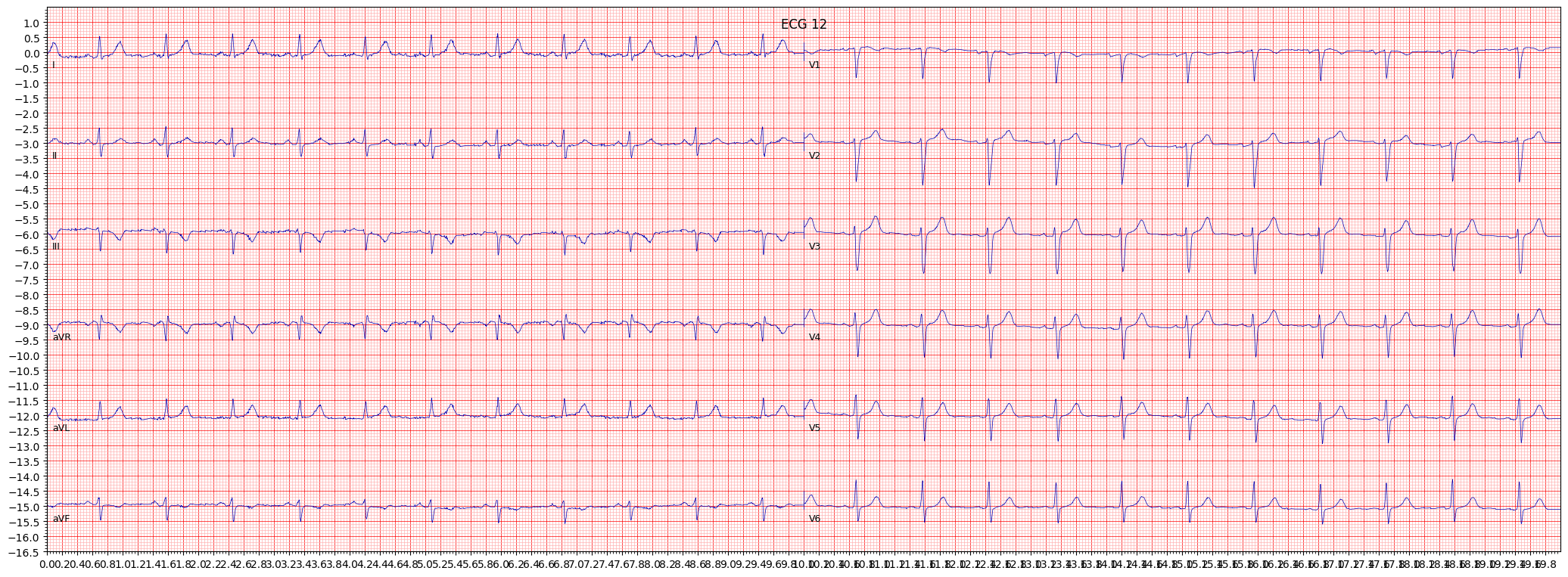 example 4:
example 4:
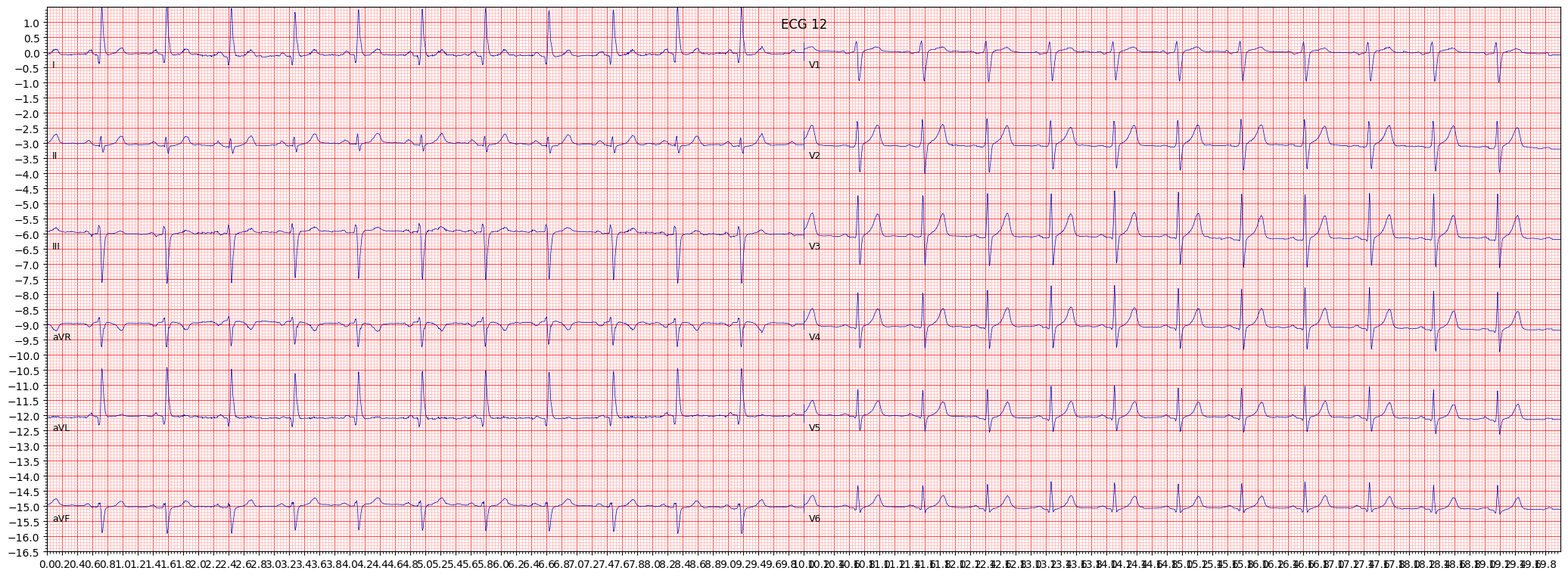 example 5:
example 5:
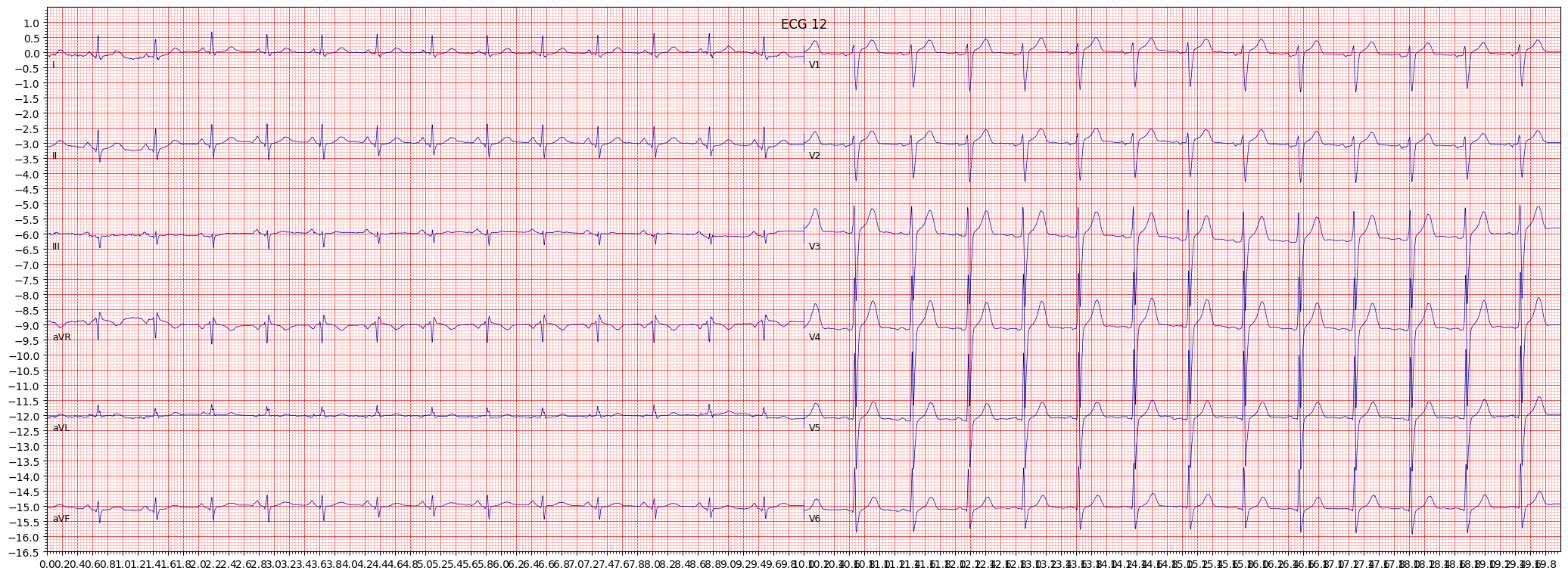 example 6:
example 6:
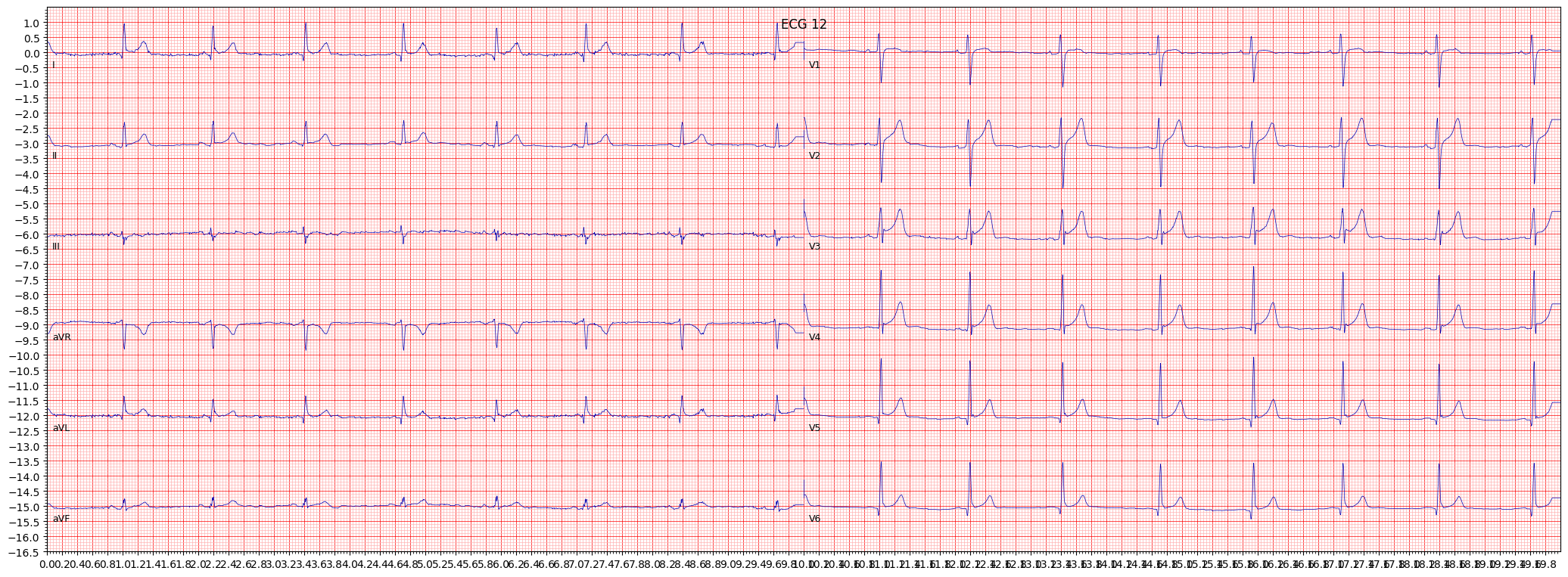 example 7:
example 7:
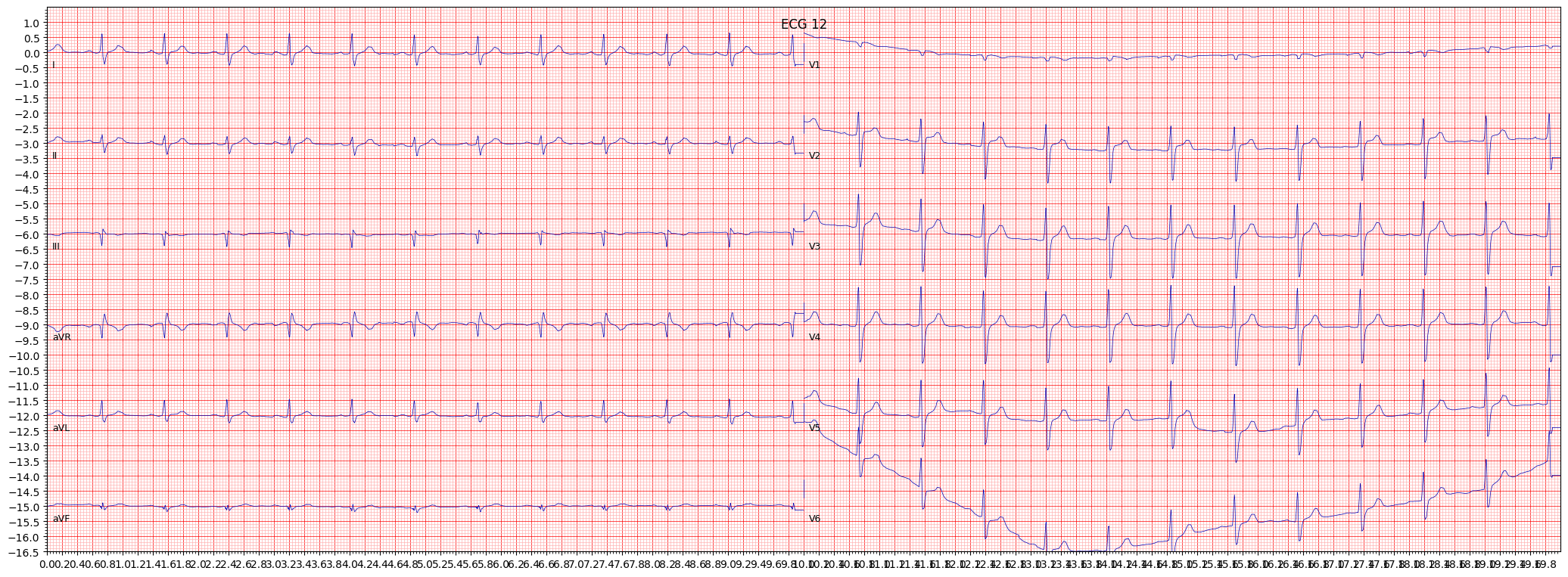 example 8:
example 8:
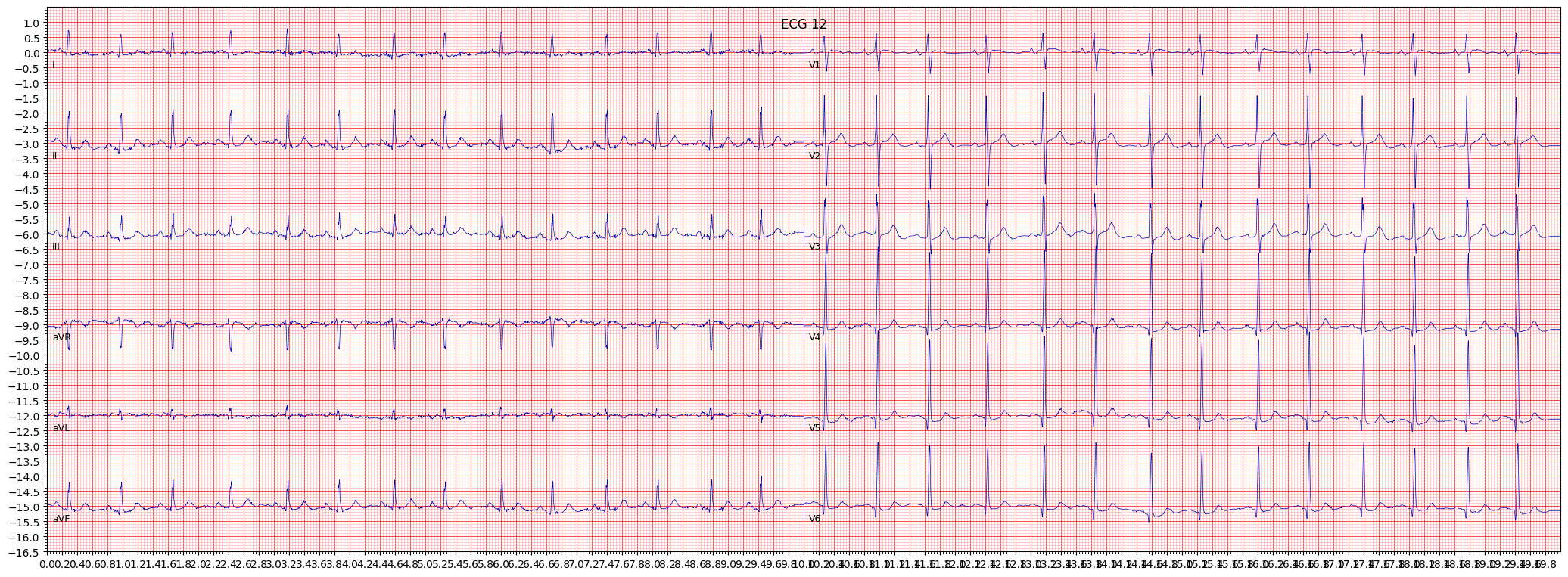 example 9:
example 9:
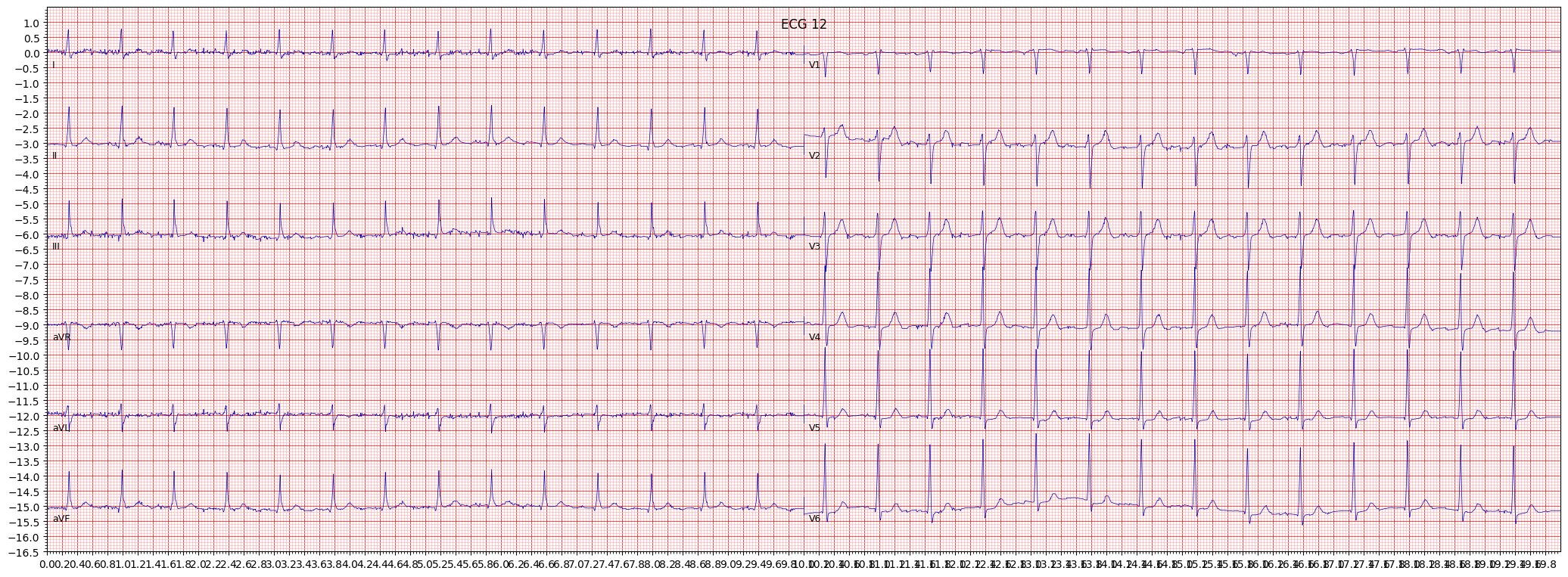 example 10:
example 10:
